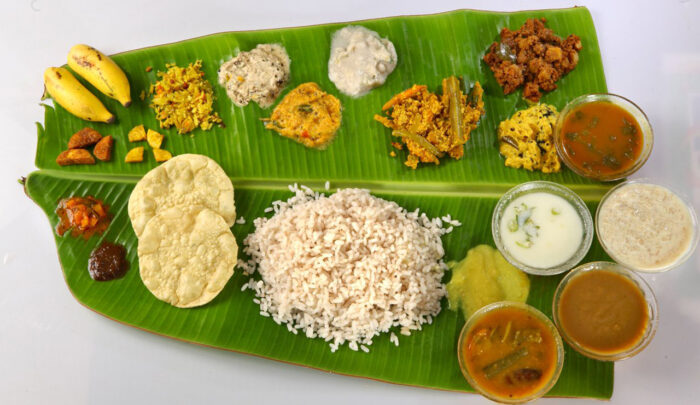The Indian Council of Medical Research (ICMR) has issued fresh dietary guidelines emphasizing that even home-cooked meals can pose health risks if laden with excessive fat, sugar, or salt.
In its latest directives, the medical authority cautioned against the consumption of foods high in fats, sugar, or salt (HFSS), citing their adverse impact on health due to their calorie-dense nature and poor nutritional content.
The guidelines underscored that high-fat and high-sugar foods are calorie-rich and may contribute to obesity and related health issues. They emphasized the importance of consuming nutrient-rich foods containing essential macronutrients like amino acids and fats, along with fiber and micronutrients such as vitamins, minerals, phytonutrients, and bioactive compounds.
Highlighting the negative effects of high-fat, high-sugar, and high-salt diets on inflammation, gut microbiota, and the risk of non-communicable diseases (NCDs) like hypertension, the ICMR stressed the need for healthier dietary choices.
Furthermore, the ICMR cautioned against deficiencies in essential amino acids, fatty acids, and micronutrients, which can lead to conditions like anemia and impact cognitive functions and learning abilities.
The medical community’s recommendations included avoiding protein supplements for muscle building, limiting salt consumption, and reducing the intake of sugar and ultra-processed foods. They also encouraged individuals to scrutinize food labels to make informed and healthier choices.
The Hyderabad-based National Institute of Nutrition (NIN), under the auspices of the apex health research body, unveiled updated ‘Dietary Guidelines for Indians (DGIs)’ aimed at meeting essential nutrient requirements and curbing the incidence of non-communicable diseases (NCDs).
According to the revised guidelines, sugar intake should not exceed 5% of total energy intake, and a balanced diet should comprise no more than 45% of calories from cereals and millets, with up to 15% of calories from pulses, beans, and meat. The remaining calorie intake should be derived from nuts, vegetables, fruits, and milk, while total fat intake should not surpass 30% of energy.








